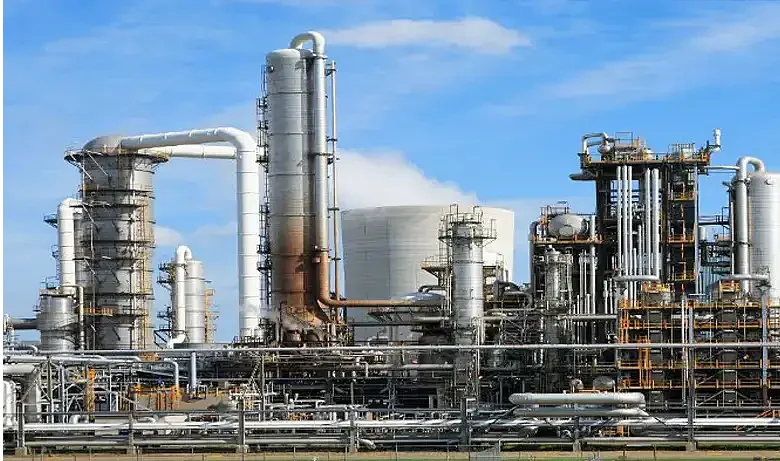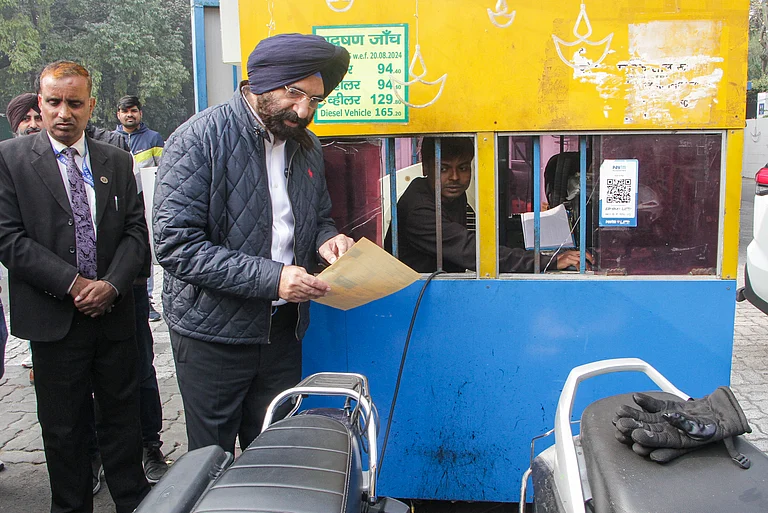
India’s specialty fertilizer industry is facing challenges after the February 2025 amendment to the Fertilizer Control Order brought biostimulants under regulation for the first time.
Industry body SFIA warned that compliance costs could force many small manufacturers to shut down.
Thousands of biostimulant products are in the market, but only a handful have been approved through ICAR testing and evaluation.
SFIA President Rajib Chakraborty said the sector was unprepared for the new rules, citing limited resources, manpower, and lack of digitization.
India's specialty fertilizer industry is grappling with new regulations that have brought biostimulants under government control, with industry body warning that many small manufacturers may face closure due to compliance costs.
The February 2025 amendment to the Fertilizer Control Order (FCO) has created significant challenges for the biostimulant sector, which operated without regulation for nearly a decade.
"The industry is not fully ready to adopt the new regulations. They have to make a lot of investment. Many small SMEs who are operating will be wiped out in the process," Rajib Chakraborty, President of the Soluble Fertilizer Industry Association (SFIA), told PTI in an interview.
The non-subsidized fertilizer segment includes soluble fertilizers, organic fertilizers, micronutrients, and stimulants -- collectively known as SOMS.
While the first three categories have long been regulated under the Fertilizer Control Order, stimulants are now being brought under regulatory oversight for the first time.
Chakraborty said implementation challenges have been compounded by "limitations of manpower, resources, and lack of digitization", adding that "understanding of the entire process and quick implementation has gone off track." The regulatory bottleneck has created a massive backlog. Thousands of biostimulant products are currently in the market, but only a handful have received government approval through the required testing process at government-listed universities and evaluation by the Ministry of Agriculture's Indian Council of Agricultural Research (ICAR).
"This entire process was not known to the industry. So nobody was prepared for this law and they did not go to any, they have not taken a structural approach to the whole process," Chakraborty said.
Recent reports suggested the agriculture ministry had banned certain biostimulant sales, but Chakraborty clarified this was a misinterpretation.
"What the minister is saying is linking biostimulants with subsidized fertilizer... He is asking to bring the specification to FCO and then allowing one by one to produce and sell," he explained.
The SFIA chief acknowledged the need for regulation to prevent farmer confusion, noting that with an estimated 10,000 producers offering multiple products each, farmers face overwhelming choices.
Despite regulatory hurdles, the specialty fertilizer market has maintained 18 per cent year-over-year compound annual growth and is now used across major crops including cotton, soybeans, and wheat.
"SFIA members sell concepts. Every SFIA member consults a minimum of 1,000 farmers every year," Chakraborty said, emphasizing products are marketed based on cost-benefit analysis rather than forced bundling.
The association is working with research institutions to generate scientific papers supporting SOMS practices. A study with the National Research Centre for Grapes has been completed demonstrating the technology's effectiveness.
The SFIA, formed by entrepreneurs who developed India's water-soluble fertilizer market, said its members have extensive experience with fertilizer regulations dating back to 2002. The organization is working with research institutions to generate scientific papers supporting SOMS practices and has completed studies with the National Research Centre for Grapes demonstrating the technology's effectiveness.
Looking ahead, Chakraborty sees significant potential in emerging technologies like nano fertilizers and digital agriculture. Specialty fertilizers are already integral to precision farming, serving as carriers in drone applications and enabling drip irrigation systems.
"Farmers are getting analytical labs in their own place. They are getting weather monitoring systems in their own place," Chakraborty said, noting the deep technology penetration in the specialty fertilizer sector.
The industry expects faster growth as precision farming expands, with technology helping extend specialty fertilizer benefits to marginal farmers across India.
The transition period for full biostimulant regulation compliance is expected to take 3-4 years, during which the industry anticipates continued adjustments to the new framework.































